This post was updated April 20 at 10:20 p.m.
Seun Kuti is hoping to remind audiences of the intersection between art and social justice.
After not being able to take the Indio, California, stage in 2020 due to the COVID-19 pandemic, the Nigerian musician and his band Egypt 80 will perform at the second weekend of the 2025 Coachella Valley Music and Arts Festival. He will be playing a selection of tracks from his latest album “Heavier Yet (Lays The Crownless Head).”
Ahead of his performance, Kuti spoke with the Daily Bruin’s Sanjana Chadive about the global significance of his music and the most meaningful takeaways from musicianship.
This interview has been edited for length and clarity.
[Related: Q&A: Tinlicker’s Micha Heyboer talks Coachella 2025 performance of ‘I Started A Fire’]
Daily Bruin: Your 2012 Coachella performance marked the first time a Nigerian artist took the stage. 13 years later, several artists from other African countries have performed at the festival. How do you feel about the increased global visibility of African music?
Seun Kuti: I don’t think the world owes us anything. I think we, the African people, are the ones who should expand our world. We need to expand the African worldview. By expanding the African worldview, we expand African people past the current boundaries this world is creating due to its worldview on imperialism and capitalism. We are only bound to it as long as we negate our own innate value. That means being as African as we can be ourselves and taking control of our affairs.
DB: Your father is Afrobeat pioneer Fela Kuti. What does it mean to carry his legacy through your performances?
SK: That’s something that relates to me personally. The legacy of my family is something that comes by birth. It’s a choice thing as well. It can be like, “I don’t care about this legacy. I want to tarnish it. I want to tear it apart. I want to ignore it.” I feel like my father’s legacy is something that’s positive. When I play his music at a show or venerate him, there’s always some added importance, as if I’m supposed to rebel. But, there are so many bands in the world today that play his music and venerate him even more than I do.
I feel it is self-evident that Fela is a man that is celebrated removed from fatherhood. He is celebrated for his value that has added not just to music but to humanity. I, as an artist, respect that. I always like to take him along with me because he was of value to humanity. By the way, he was a great dad to me, like a dream of a father.
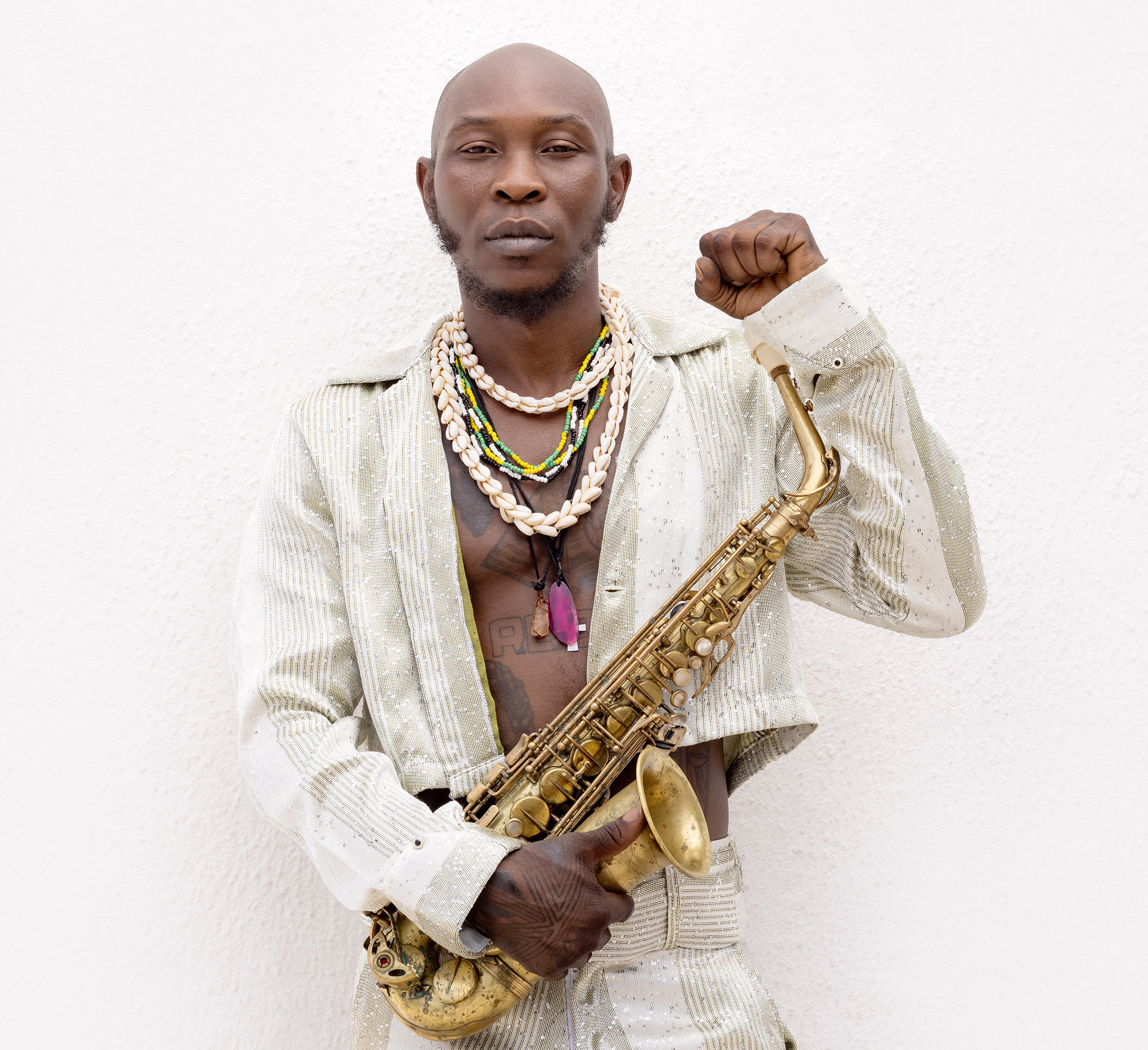
DB: We live in a day and age where electric sounds and other musical softwares are starting to become more popular in the music industry. What is the significance of relying primarily on real instruments, like the saxophone, in your music?
SK: Instruments allow you a reflection of your musicianship. Your instrument is your moment of truth. It is what humbles you. It is what grounds you. It’s what truly challenges you as a musician. People mistake the skill of playing an instrument with the skill of composition. It is a different thing and challenges you differently. Musicianship challenges you in a whole different way. It’s a more humbling way. It is reciprocity, it is through reflection. You cannot get out what you don’t put in. In terms of that as an artist, I think you need that.
I think your instrument, as an artist, is what connects you the most to your humanity. The more successful you are as an artist, the easier it is to lose who you think you are. You think you are bigger than everything else. I think an instrument gives you that grounding factor.
[Related: Q&A: Music industry executives talk Berry Gordy’s legacy, Motown memories]
DB: What do you hope audiences will take away from your set?
SK: I want people to leave my sets always thinking of how they can be more of service to humanity and nature. My music is dedicated to raising working class consciousness. If people leave my sets and they are convinced that they are of value to humanity and be a part of the conservation and preservation and elevation of nature, then I think I’ve done something, even if it’s one person.
DB: Why do you think art in all of its various forms is important to bringing that visibility?
SK: My father used to say music is a weapon. I say music is a weapon but not the battle. Many people in the world really expect that art is going to save the world, that artists have a responsibility to humanity that a doctor lacks or a lawyer lacks. True artistry is to inspire the doctors, the lawyers, the accountants, the judges and the everyday people to be in touch with their humanity. It is the lawyers that have to create a just world. The doctors have to create a healthy world. All art can do is inspire and paint the vision of this world. Many artists are not doing that, but that is the true purpose of art – to paint the picture of a better world, the world we should aspire to as better people.
These are the things that are missing in the world. What are these people doing? What is their contribution to the world? What kind of art are they consuming? What do they want to be inspired to do? Because the art is there. Art is there to inspire. Music is the weapon, but it is not the battle.
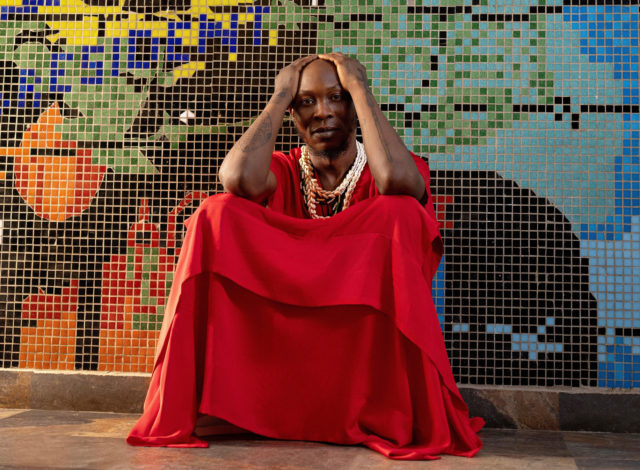

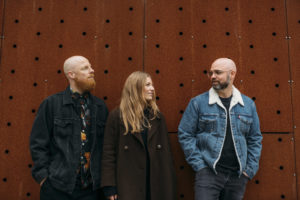
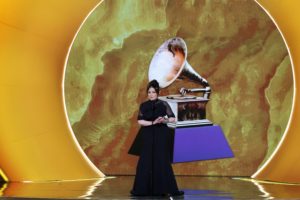
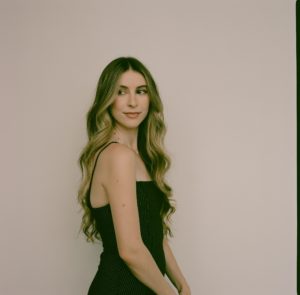
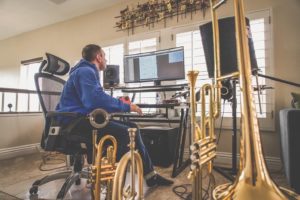
Comments are closed.